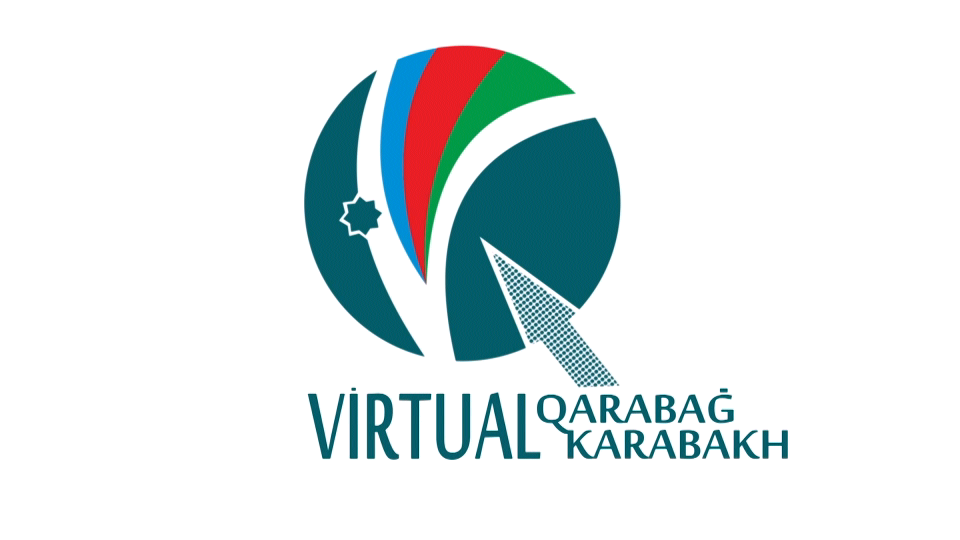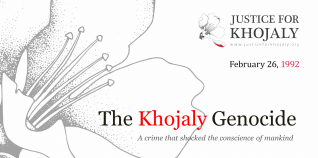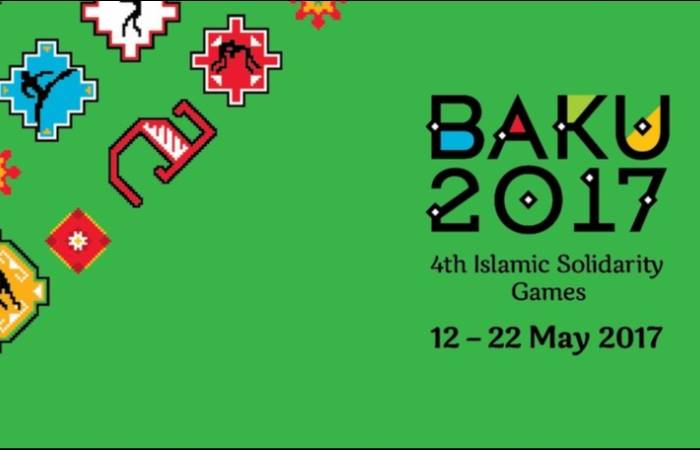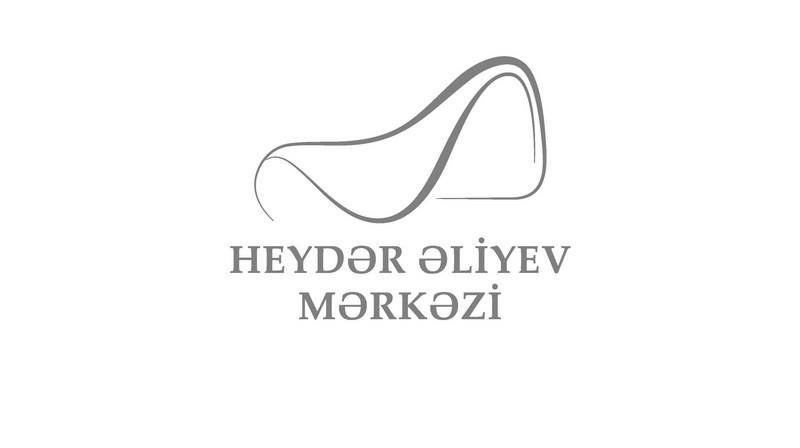Deloitte CIS CEO: We expect to continue our revenue growth in Azerbaijan
 Interview with Deloitte CIS CEO David Owen
Interview with Deloitte CIS CEO David Owen
David has over twenty years of experience in Consulting with Deloitte in South Africa and the UK. Prior to this he gained nine years experience in industry. He joined Deloitte in South Africa in 1987, becoming a Partner in 1990, and then transferred back to the UK firm in 1994.
Since joining Deloitte he has been involved in some of the firm’s most prestigious and important clients as a Consulting Partner, bringing multidisciplinary solutions to a range of leading international companies and public sector organisations.
Q: How do you evaluate Deloitte Azerbaijan’s activity in the region, particularly in the Azerbaijani market?
A: We will measure our activity in terms of our market penetration, in terms of our relative competitive position, specifically in Azerbaijan, and then also across the CIS region as a whole. There are different pressures and different dynamics occurring in different marketplaces within the CIS. Good economic momentum is being experienced in Azerbaijan, which is a positive trend and has enabled us to achieve double digit revenue growth over the past several years. And that is certainly something that I am expecting us to continue through this and next year.
Q: What are the major targets for you in the CIS and what are the most in-demand services?
A: The major markets are clearly the bigger economies. Russia is our biggest market, and our biggest business in the CIS is in Russia. At the same time, despite the political complexities that do exist, we have got a significant presence, so significant business in Ukraine, and we have a well-developed and growing business in Kazakhstan. I also regard Azerbaijan as one of our major markets. Our business here has grown really quite significantly, doubling in size in the last three to four years.
In terms of the services that are the most in-demand, as is the case in many other parts of the world, there is limited growth in demand for audit services, but there is quite significant growth in demand for the wider set of advisory services, that is tax and legal services, management consulting services and financial advisory services. So our audit business continues to be very important; however, we have seen more growth in the advisory businesses.
Q: What are the major targets for you in this marketplace and what are the biggest challenges you foresee in achieving them?
A: In this marketplace, in Azerbaijan, we have a very strong position in the financial services arena, so many of the financial services businesses within Azerbaijan are our clients, for both audit and in some cases advisory services as well. Clearly the energy and resources market is a huge one here, and we are looking to make further progress with that and improve our market share within that. We are also very attentive to the telecommunications, media and technology sector. We were very pleased to be appointed recently as the auditor of a global telecommunications company which has a local business here that we are serving. That is another important sector for us. Getting good balance across the major sectors is important to us.
Q: What role can consulting companies play in assisting companies in emerging markets like Azerbaijan to access western capital markets?
A: We have developed a lot of experience over time, both in this region and elsewhere, in helping emerging markets to gain access to western capital. The biggest and most valuable role we play is through giving people assessment of their readiness. Getting the right balance between a real enthusiasm and desire to get access to western capital markets, and the reality of what businesses need to do and the changes they need to go through to be ready and to be acceptable. It is quite significant and quite important, often much more than businesses realise. And part of our role is to give them a very frank and honest assessment of how ready they are or how not ready they are. There are a number of other ways we can help them to navigate through the process.
Q: In terms of corporate governance, what should be done by companies in Azerbaijan to achieve substantial improvement in that regard?
A: This is a journey businesses need to go on. And similar to my point about IPO readiness, I think businesses need to get real, and need to recognise that the international expectations around corporate governance and transparency are very serious and very substantial. I think the best advice we give to people is “you really do need to take it seriously”, and that will result in taking action related to things like appointing credible, well equipped, independent non-executive directors to the boards of companies, and surrounding a board structure with properly-equipped and empowered audit committees, risk committees, etc. These are things that international observers would recognise as being the real substance of effective, meaningful corporate governance. So this is a journey that needs to be made, starting with acceptance of “this is very serious and it is not something that can happen overnight, and it is something that will involve some significant change”.
Q: Organisations like Deloitte, with deep-rooted history and experience, have a great accumulation of resources and experience. Do you think Deloitte can play an important role in bringing the best practices, advanced knowledge and experience to Azerbaijan?
A: I think there are two things that I would like to comment on. Firstly, we are a huge international organisation, around the whole world we employ in excess of 200,000 people, in a combination of large established western markets and emerging markets. The access that we have to intellectual property, to experience and knowledge, is just enormous.
Secondly, we are a talent business. Therefore, one of our big priorities is to equip our business in order to serve our clients with high caliber talent, which is primarily sourced and developed here in the local market. So it is essential that these two things come together, we have access to enormous intellectual capital and we have access to great talent in this marketplace. So we play a big role in training, educating, developing people, and then equip them to put this internationally-accessible knowledge and expertise to good effect.
Q: Azerbaijan is reforming its education system. Do you face challenges in finding and recruiting the right talent? How does Deloitte contribute towards increasing the level of professional education in Azerbaijan?
A: There are two or three aspects to this. I absolutely applaud what the country is doing in terms of seeking to enhance its education system. And I also recognise that we, as a talent-based business, have a role to play, both in supporting that and also in providing people with the professional and work experience that will put that enhanced education to the very best effect. On a practical level we are directly involved with a number of university activities in this country. Just yesterday I was at ADA, presenting to a group of very impressive young MBA students, talking about leadership. A number of my colleagues are actively involved directly and indirectly in supporting activities such as that. What is being done is very important, and what we are doing and what we will continue to do is to support it actively, and also represent a destination for high caliber talent that demonstrates today’s successful track record in educational achievement.
Q: In the last 25 years the global economy has changed, and it now looks very different from half a century ago. Does today’s environment require greater leadership skills?
A: I don’t think it necessarily requires greater leadership skills, it requires different leadership skills. Probably the simplest way to respond to it is to shift from people being instructed to do things by management to a situation where they are being empowered to do things by leadership. This is just a change in philosophy, a change in priority in terms of direct management and inspirational leadership. We do need a combination of managerial and leadeship skills.




















